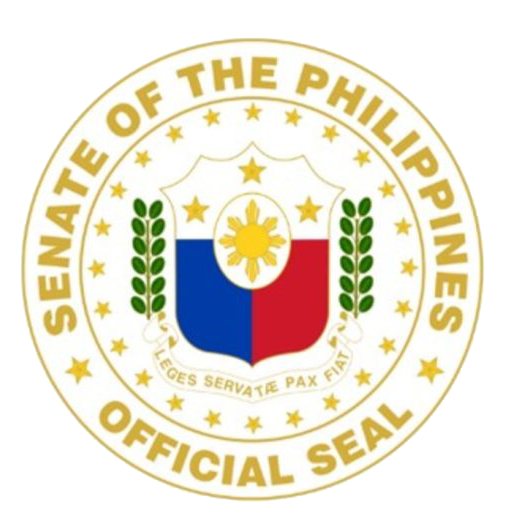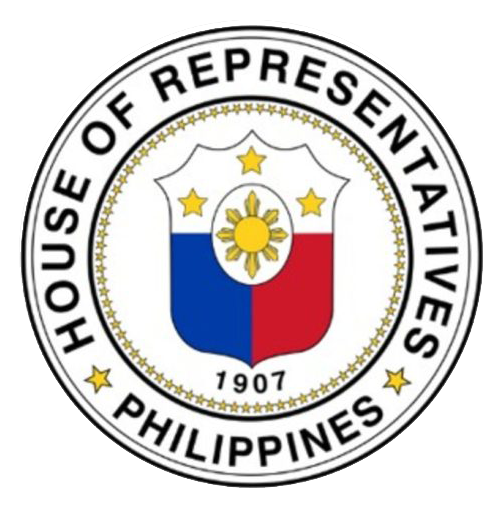Addressing the Climate Crisis in the Philippines: Local Resilience and National Action
Atty. Rosselynn Jaye DC. Bekema
Senior Leader 2023
08 March 2024
Introduction
The Development Academy of the Philippines – Center for Governance organized the Thursday Talks webinar, “Climate Action for an Inclusive and Resilient Philippines,” under the 2023 Capability Building on Innovative Leadership for Legislative Staff (CBILLS) Program. As a CBILLS scholar of the Senior Leaders track, let me share some insights on the webinar. The speakers discussed climate change and climate action from varying vantage points – Dr. Rosa Perez, Senior Research Fellow at the Manila Observatory and National Resilience Council, discussed the science behind the climate crisis, Commissioner Rachel Herrera spoke about climate action at the national level, Dr. Jose Leviste Jr. shared the perspective of the business sector on climate change, Dr. Gwen Pang provided the view of the Philippine Red Cross, and Mayor Alfredo del Coro II relayed his experience as a local government official. Overall, this article outlines the role of the national government in climate action, discusses necessary measures that still need to be undertaken, and highlights the imperative for local governments to enhance resilience.
Role of the National Government on Climate Action
Dr. Rosa Perez shared that climate change is the defining emergency of our time. Its impacts are global and affect humanity as a whole. Rising global temperatures should be a paramount concern. However, it is also important to note that the Philippines is exceptionally vulnerable to the impacts of climate change due to its geographical location, dependence on agriculture, and high exposure to natural hazards. Rising sea levels, extreme weather events, and changing precipitation patterns endanger coastal communities and agricultural livelihoods. With over 7,000 islands, the nation’s susceptibility to typhoons, storm surges, and coastal erosions further exacerbates these vulnerabilities.
The national government of the Philippines plays a pivotal role in addressing the climate crisis through policy formulation, coordination, and resource allocation. As stated by Commissioner Rachel Herrera, the Nationally Determined Contribution Targets, including reducing greenhouse gas (GHG) emissions to 75% from 2020-2030, strengthening the country’s resilience and adaptive capacity, and undertaking adaptation measures across different sectors, require the national government to leverage its resources, power, and international lines of communication. The national government must allocate sufficient resources to climate adaptation and mitigation initiatives. It should explore innovative financing mechanisms, tap into international climate funds, and support research and development of climate-resilient technologies. Implementation of policies to conserve and restore natural ecosystems, such as mangroves and forests, which protect against climate impacts like coastal erosion and flooding, is also needed. It should also accelerate the transition to clean energy sources. Incentives, subsidies, and streamlined permitting processes can attract private investment and promote the development of renewable energy infrastructure. I found the point about recognizing the importance of traditional knowledge and education to enhance climate action initiatives and undertaking meaningful interventions to highlight traditional and cultural practices particularly interesting. Currently, it is a common practice to blame traditional practices and small farmers for ecological destruction.
Role of the Local Government on Climate Action
Furthermore, as the presentation highlighted, local governments have crucial roles in enhancing the country’s resilience to the climate crisis. I believe that climate-responsive land use planning is a way forward. Mayor del Coro II’s presentation highlighted community farming in Del Carmen, Siargao Islands. Indeed, local governments should prioritize climate-resilient land use planning that accounts for future climate impacts, including restricting construction in high-risk areas and promoting nature-based solutions like urban green spaces.
It is also crucial for local governments to engage local communities in climate adaptation and mitigation efforts. Initiatives that promote climate education, community-based disaster risk reduction, and sustainable livelihoods can empower locals to contribute to resilience-building actively. Lastly, there is a need to ensure that local infrastructure projects are designed and constructed with climate resilience in mind, such as flood-resistant roads, climate-smart buildings, and efficient drainage systems.
Synergetic Efforts of National and Local Governments
My key takeaway from the Thursday Talks webinar is that climate action should be a product of the synergetic efforts of the national and local governments. The national government must take proactive steps by enacting robust legislation, prioritizing climate financing, and promoting renewable energy. Simultaneously, local governments must lead resilience-building efforts through strategic land use planning, disaster preparedness, and community engagement. By adopting a multi-tiered approach, the Philippines can navigate the complexities of the climate crisis, safeguard its citizens, and create a more sustainable future. Hence, the key learning for me is that the national-level action to meet our global climate commitments can only be sustainable with interventions at the local level.
References:
Lasco, R. D., Pulhin, F. B., Sanchez, P. A. J., Villamor, G. B., & Villegas, K. A. L. (2008). Climate change and forest ecosystems in the Philippines: vulnerability, adaptation and mitigation. Journal of Environmental Science and Management, 11(1).
Schmitt, C. R. (2019). Scapegoat ecology: Blame, exoneration, and an emergent genre in environmentalist discourse. Environmental Communication, 13(2), 152-164.
Disclaimer: The views expressed in this article are solely those of the author and do not necessarily reflect the positions of the House of Representatives, the Senate of the Philippines, or the Development Academy of the Philippines.





